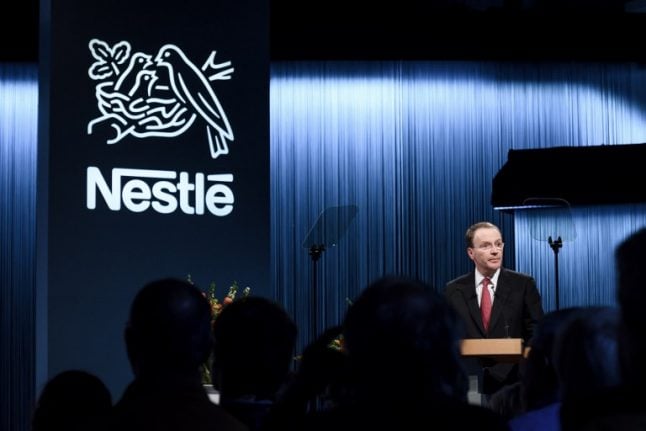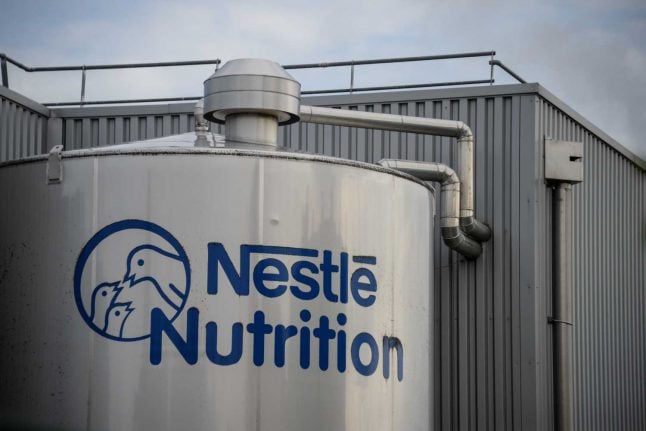The Switzerland-based food giant said the deal with Western & Southern Financial Group does not affect the iconic Gerber baby food unit, which Nestlé will continue to control.
“This move is part of the ongoing evolution of our portfolio. It will allow us to invest further in our core food and beverage business and in consumer healthcare,” Nestlé's chief executive Mark Schneider said in a statement.
Nestlé has made a series of moves in recent months to more tightly focus its operations, with health food products and coffee emerging as key priorities.
The company announced in February that it was exploring options to sale the Gerber insurance business.
Nestlé said it expects the deal to close later this year, or early in 2019.
Read also: Switzerland's Nestlé seals deal to market Starbucks coffee



 Please whitelist us to continue reading.
Please whitelist us to continue reading.